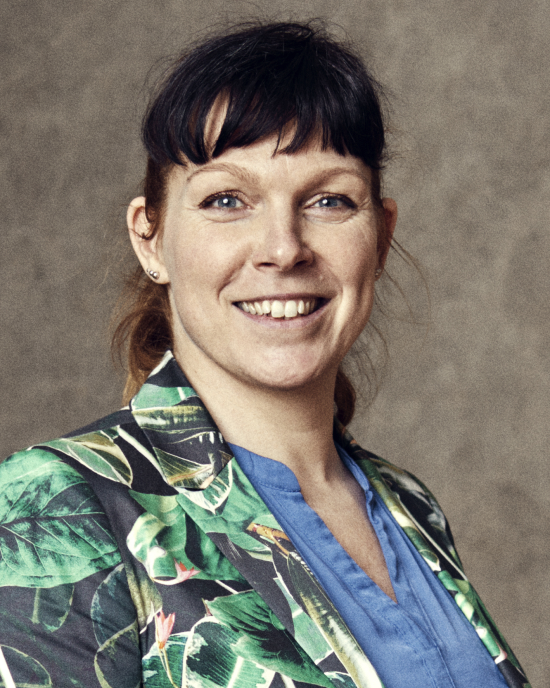Mycotex Develops Innovative Production Process for Personalized Clothing Made from Mycelium
With an innovative new production process, the Dutch start-up Mycotex allows for personalized clothing made from mycelium. With this contribution to sustainable chemistry the start-up aims to create a completely new supply chain for the fashion industry, an alternative to weaving, cutting and sewing.
Mycotex' manufacturing method has three main benefits: First, the possibility to set up an automated manufacturing system which allows for producing on demand. Second, it provides a fully sustainable supply chain: On an ecological level with food-grade natural ingredients that are not harmful to the environment, but also on a social level by not exposing employees to hazardous chemicals and secure regulated working hours. The third advantage is unlimited design freedom for brands.
Mycotex is part of a disruptive company named NEFFA (New Fashion Factory) that attempts to change the way garments are produced. With this approach the Start-up produces high-quality textile products and garments for diverse applications in a sustainable way. Therefore, Mycotex was among the finalists of the ISC3 Innovation Challenge 2022 and subsequently chosen as the ISC3 Start-up of the month in March 2023.
How the innovative production process of Mycotex works? They start by growing mycelium using food grade ingredients. The mycelium is then filtered and harvested before applying it to a customizable mold, where it naturally bonds together and eventually forms the garment. The material properties of Mycotex are developed together with the brands depending on what they are looking for.
The whole success story of the ISC3 Start-up of the Month in March 2023 is currently told by the ISC3 on its website at https://www.isc3.org/page/start-up-mycotex

Three questions for Mycotex founder Aniela Hoitink:
What led to your solution in Sustainable Chemistry?
Aniela Hoitink: When working with a professor of the Utrecht University on exploring mycelium for textiles, this gave the idea for a solution that can really disrupt the fashion industry. So I continued working with mycelium and this led to Mycotex.
What does being chosen as ISC3 Start-up of the month mean to you and your research?
A. Hoitink: It gives us validation from the industry and we use this to gain more interest from investors and brands.
What’s next up at Mycotex and NEFFA?
A. Hoitink: We are currently improving our pilot scale with our German partner DESMA, one of the largest automated, robotics company specialized in footwear production. NEFFA has currently opened a funding round, if you would like to learn more please feel free to reach out to us via our website.
Company


















